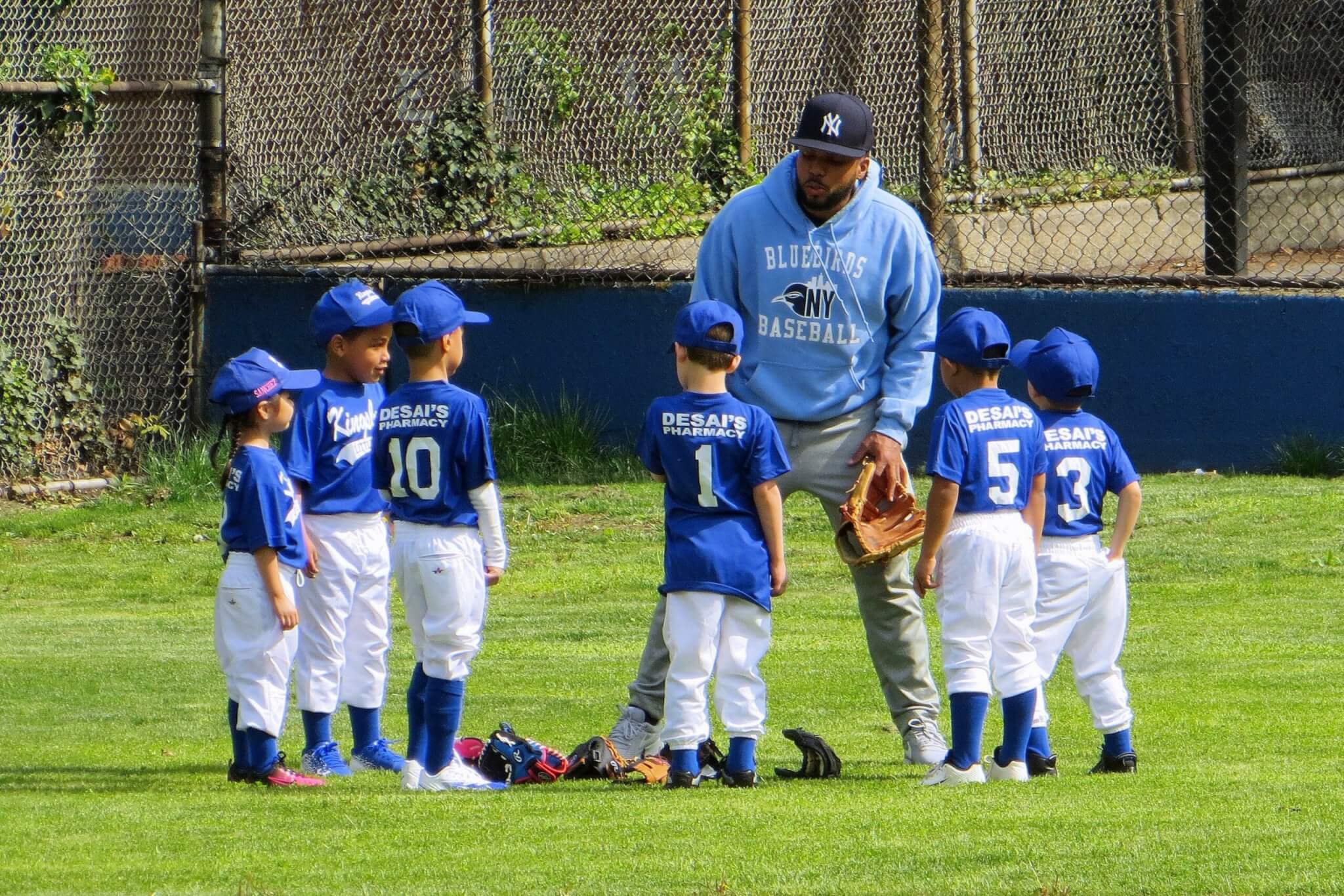ADELAIDE, Australia — Youth sports can be a source of great fun, development, and achievement for kids – but it’s not always smooth sailing. Conflicts between parents and coaches are all too common on the sidelines. However, researchers from Flinders University in Australia show that when parents and coaches work together as a team, it can make a world of difference for young athletes.
A recent study published in the International Review of Sport and Exercise Psychology examined the current state of research on parent-coach relationships in youth sports. Researchers found that positive, collaborative relationships between parents and coaches are crucial for kids to have the best possible sports experience and outcomes. On the flip side, a lack of communication and misalignment between parents and coaches can lead to tension, frustration, and a negative environment.
So, what does an ideal parent-coach partnership look like? The research points to a few key elements:
- Open Communication
Parents and coaches need opportunities to connect, share information, and get on the same page. This means having an open-door policy where both sides feel comfortable reaching out. Coaches can share their philosophy and goals for the season, while parents can provide insights on their children to help the coach adapt their approach. - Respect and Trust
Parents need to respect the coach’s expertise and avoid interfering with their decisions, even if they don’t always agree. At the same time, coaches should value parents’ perspectives and involve them as part of the “team” supporting the athlete. When parents and coaches have faith in each other’s roles, it builds a foundation of trust. - Common Goals
Ultimately, parents and coaches need to unite around shared objectives for the child’s development – both on and off the field. This could mean agreeing that personal growth and life lessons are just as important as winning. Having these big-picture goals aligned helps parents and coaches stay on the same wavelength.

While this might sound like common sense, the research suggests these positive dynamics are often easier said than done. Many of the studies found significant disconnects between parents and coaches that undermined their ability to work together.
For example, coaches frequently felt parents overstepped and didn’t respect boundaries. Parents, meanwhile, expressed frustration at coaches not making time to communicate or hear their input. In some cases, a lack of clear expectations on both sides was the root issue.
The competitive nature of youth sports can also fuel an intense, high-pressure environment focused solely on results – causing parents and coaches to lose sight of the deeper purpose of supporting the young person’s development and well-being. Additionally, logistical barriers like busy schedules can make it difficult for parents and coaches to connect.
So, how can parents and coaches overcome these challenges to build stronger working relationships? The researchers offer some ideas:
- Use a Mediator
Having a neutral third party, such as a sports administrator, serve as a go-between can help facilitate parent-coach communication and resolve any issues that arise. This avoids putting all the burden on parents and coaches to manage the relationship directly. - Make Time to Talk
Setting aside dedicated opportunities for parents and coaches to meet, such as preseason and mid-season check-ins, ensures communication doesn’t fall through the cracks. Even quick chats after practices and games can go a long way. - Clarify Roles and Expectations
Parents and coaches should discuss their respective roles and responsibilities upfront to avoid stepping on each other’s toes down the line. Having a shared understanding of who does what sets a positive collaborative tone. - Focus on the Big Picture
When parents and coaches get caught up in the heat of competition, it helps to take a step back and remember what’s really important – the child’s overall experience and development. Keeping this big picture in mind can defuse tension and re-center everyone on the same team.
Building positive parent-coach relationships in youth sports takes intentional effort, but it’s well worth it, the research suggests. When parents and coaches have a strong partnership, they give kids the ideal environment to learn, grow, and thrive – in sports and in life. In the end, that’s a goal everyone can get behind.

